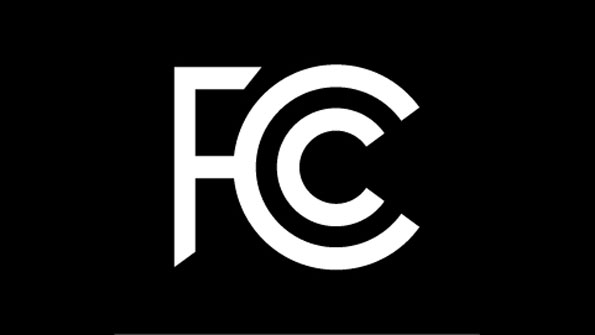FCC votes to stop unwanted ‘robocalls’ to 911
FCC commissioners yesterday unanimously approved an order that will allow public-safety answering points (PSAPs) to list their emergency numbers in a special national do-not-call registry, so autodialed calls from telemarketers and solicitors will not negatively impact the 911 system.
Several years ago, a national do-not-call registry designed to protect consumers’ privacy from autodialed “robocalls” was established, but PSAPs were not included in this program, which led to 911 centers fielding hundreds or thousands of non-emergency calls every day, according to the FCC.
“When 911 operators have to deal with unwanted autodialed calls and solicitation, they do more than invade our privacy–they pose a risk to public safety,” FCC commissioner Jessica Rosenworcel said during the meeting, which was webcast. “After all, unwanted calls to public-safety answering points can prevent emergency calls from being answered. They can prevent crime victims from reaching the police. They can prevent stroke or heart-attack victims from receiving timely medical assistance.
“This is not just the right thing to do. It is, in fact, also the law.”
In February, Congress passed legislation directing the FCC to establish rules designed to prevent PSAPs from receiving such autodialed calls.
“The fact is there are times when robocalls go far beyond just being a nuisance; they become life-threatening,” FCC Chairman Julius Genachowski said. “In emergency situations, minutes matter and seconds matter, so robocalls to emergency-response centers put lives at risk and are beyond unacceptable. That’s why Congress acted, and that’s why we’re adopting this order that would bring this appalling practice to a stop.”
Under the new rules, PSAPs will be able to add all emergency numbers to the PSAP do-not-call registry. Although automated calls from telemarketers and solicitors will be penalized with stiff fines, the order includes language that clarifies that automated calls to 911 from legitimate emergency-related services—for example, alarm companies or automobile-crash systems—are still allowed.
National Emergency Number Association CEO Brian Fontes said in a statement that robocalls made to PSAPS are a “needless distraction.”
“In an emergency, seconds often mean the difference between life and death. [Yesterday’s] action ensures that 911 call-takers are not forced to take unnecessary time away from providing the lifesaving service of 911 to answer frivolous and unwanted calls,” Fontes said. “The FCC’s order to end robocalls to 911 undoubtedly benefits both citizens in need of assistance and the 911 call-takers who enable effective and efficient emergency response.”














